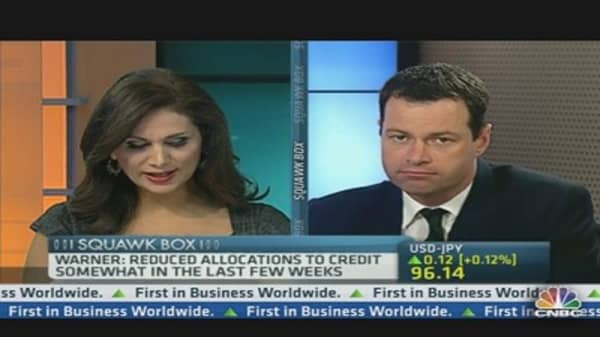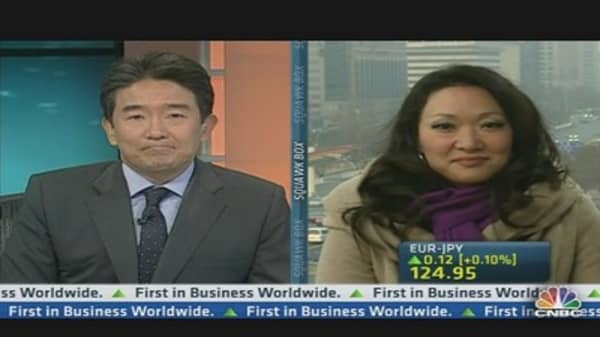Tokyo and Sydney stocks jumped to new multi-year highs on Monday, lifted by Friday's stronger-than-expected U.S. jobs data, while other Asian markets lost ground as mixed economic data from China weighed on sentiment.
Both the Nikkei and Australia's benchmark hit levels not seen since 2008, South Korea's Kospi dipped on profit taking and the Shanghai Composite fell after data over the weekend showed inflation in China hit a 10-month high in February.
Friday's non-farm payrolls report showed 236,000 jobs were added to the U.S. economy in February, above estimates of 160,000, underpinning strong gains in Japan and Australia. The upbeat figures overshadowed looming concerns over $85 billion worth of budget cuts, analysts said.
Jason Hughes, chief markets strategist at IG Markets, said in a note that the jobs data "pointed to the effectiveness of quantitative easing and raised hopes the U.S. economy had now gained enough momentum to weather the storm of government spending cuts and higher taxes."
(Read More: US Economy May Be Sending 'Wrong Signal': Goldman)




